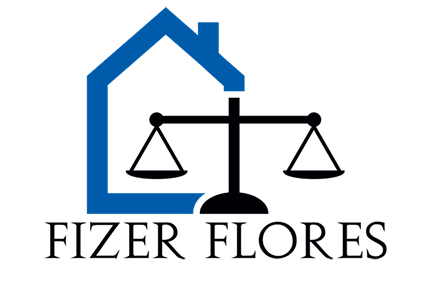FIZER FLORES
Types of Properties
helping you with insurance litigation
Property Claims
We Handle
Have you noticed damage to your home, office, or other property? Has your roof started to leak, or have you noticed water staining to the interior of your ceilings? Have you experienced a plumbing issue or sewage backup that has resulted in a water loss or some other type of damage?
Have you been displaced from your home due to a fire, a storm, or some other accidental event? Have you already contacted your insurance carrier and have concerns regarding how the insurance company is handling your claim?
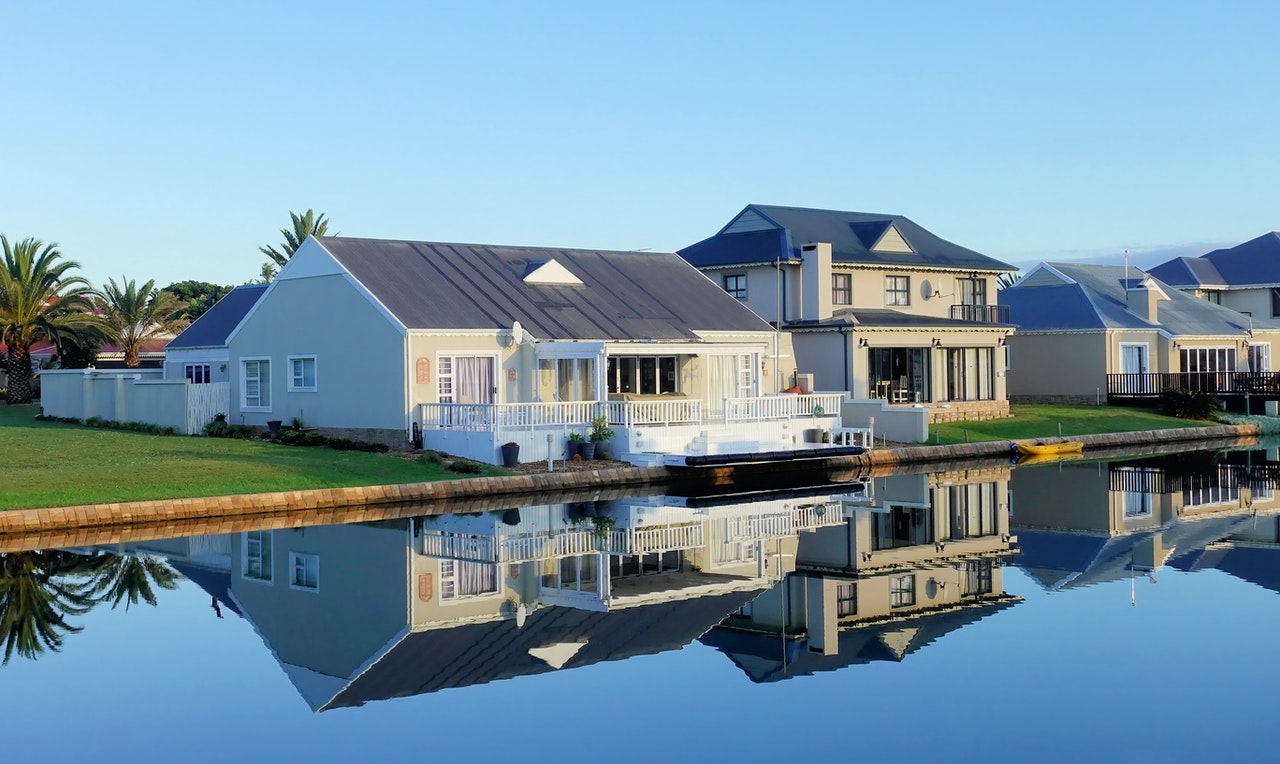
Residential Property
Homeowners insurance is financial protection for your home against loss from disasters, theft and accidents. It also protects your belongings and provides liability coverage. Standard homeowners insurance policies cover losses and damages to your residence’s structure along with furnishings and other assets.
Even within the category of homeowners insurance there are different types of insurance. There are many different types of homeowners insurance policies available. Normally, the type of policy coincides with the type of structure to be insured and how the structure is occupied. The type of policy also correlates to the coverage available as well.
The main difference between policies which cover an owner-occupied, single family home is the perils covered. Basic or Broad Form policies (HO-1, HO-2) cover the structure for specified perils shown in the policy. Special form policies (HO-3) cover the structure for all perils except those specifically excluded in the policy. If you rent or lease your home, you need a renters policy (HO-4) to cover your personal property and liability.
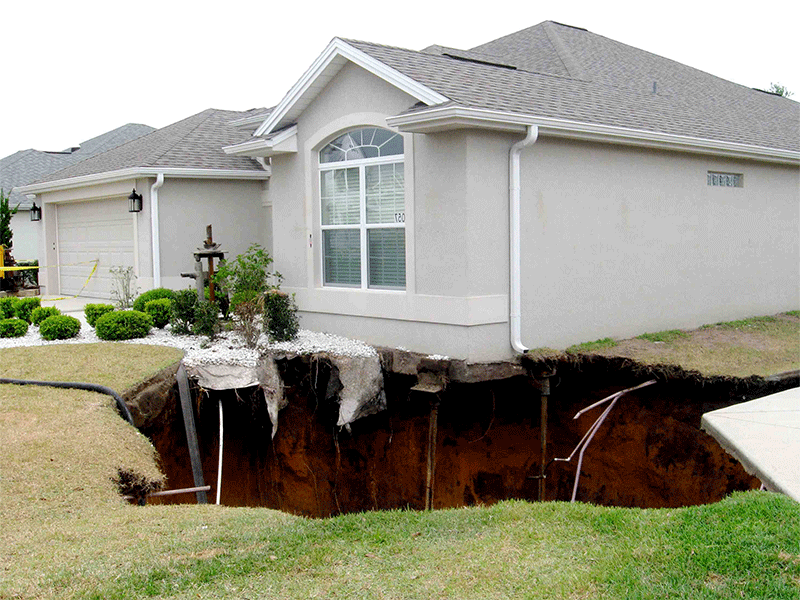
Currently, in Florida, there are many insurers offering a Modified Coverage Form, (HO-8). The (HO-8) offers less coverage than the (HO-2). However, due to the company’s underwriting criteria, this may be the only coverage form offered by the insurer. There are other property policies available for risks that may not qualify for a Homeowners policy. They are called Dwelling Forms.
A Dwelling Form may be used instead of a Homeowner’s Form in the case of an older home, a home that is rented to others, or for other underwriting reasons. A DP1 policy, also called Dwelling Fire Form 1, is a type of home insurance policy that protects a house from nine named perils – most notably fire. It’s usually used to insure vacant homes but can also be used for rental properties if landlords are on a tight budget.
Because DP1 is a named perils policy, it only covers damage to the home from those nine incidents listed in the policy. Any source of damages that’s not in the policy isn’t covered. As you can imagine, that leaves a lot of room for gaps. Another limitation of the DP1 policy is in how it pays out claims. This policy is paid on an actual cash value basis. That means depreciation is deducted from your claims payout.
Additionally, many mortgage agreements require the homeowner to obtain a policy of insurance to cover their home. If the homeowner fails to secure their own insurance within the allotted deadline, the mortgage company will take out their own policy of insurance on the property—often referred to as a “force-placed” or “lender-placed” policies. These polices cover the mortgage company’s interest in the property and can often leave homeowners with little or no opportunity to work with the insurance company’s towards a resolution in the event of a loss. If you have any questions about your homeowners insurance policy, a claim filed under same, or the coverages afforded, please do not hesitate to contact us.
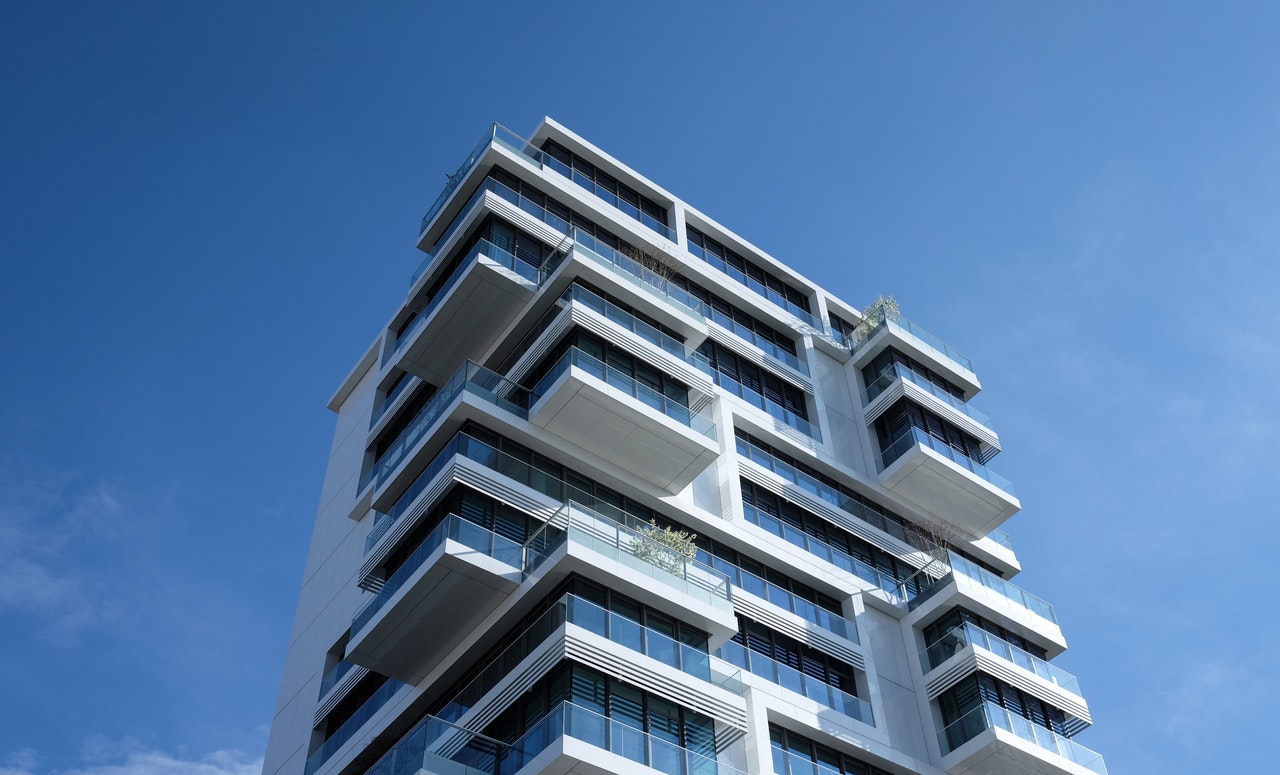
Condominium & HOA Property
Condo unit owners need a Condominium Unit-Owners Form (HO-6) which provides some coverage for the structure but primarily covers the personal property and liability of the insured. Condo unit owners policies normally cover named perils listed in the policy. However, a special endorsement can be purchased to broaden the policy to cover all perils except what is excluded in the contract.
The condo unit owners policy also provides Loss Assessment Coverage. It pays for your share of expenses for a covered loss to common property shared by all unit owners, up to the coverage limit. Policies must include at least $2,000 of loss assessment coverage with a deductible no greater than $250.
Condominium policies differ from homeowner’s policy in that the condominium unit owner is often responsible for obtaining their own policy of insurance which covers from the interior walls of their unit inwards.
The exterior walls, party walls (walls shared between two separate units), and common areas of the condominium property are usually covered under a “master policy” of insurance held by the condominium owners association or homeowners association.
Ready To Take Back Control Of Your Life?

Commercial Property
In Florida, commercial building and property insurance protects business owners from losses due to physical damage to property or equipment and as a result of theft. For insurance purposes, a business’ property includes the physical building in which it resides, as well as its other assets.
In Florida the following, owned or leased, can be considered business property:
- The actual building
- Inventory
- Furniture, equipment and supplies
- Machinery
- Computers and other data processing equipment
- Valuable papers, books and documents
- Artwork
- Television sets, VCRs, DVD players, satellite dishes
- Signs, fences and outdoor property not attached to a building
- Non-tangible items such as trademarks and copyrights
A commercial policy can often also contain coverage for business interruption, inventory spoilage, and the like.

types of Florida commercial building or property insurance plans
Basic Form
Includes losses resulting from a fire, lightning, windstorm, hail and explosion, plus the cost of removing property to protect it from further damage.
Broad Form
Includes basic plus extended coverage for other types of perils, such as a roof collapse (e.g. caused by snow or ice), riot and civil commotion, etc.
Special Form
Includes basic and broad, and covers all direct physical losses except conditions specifically excluded as listed in the policy.
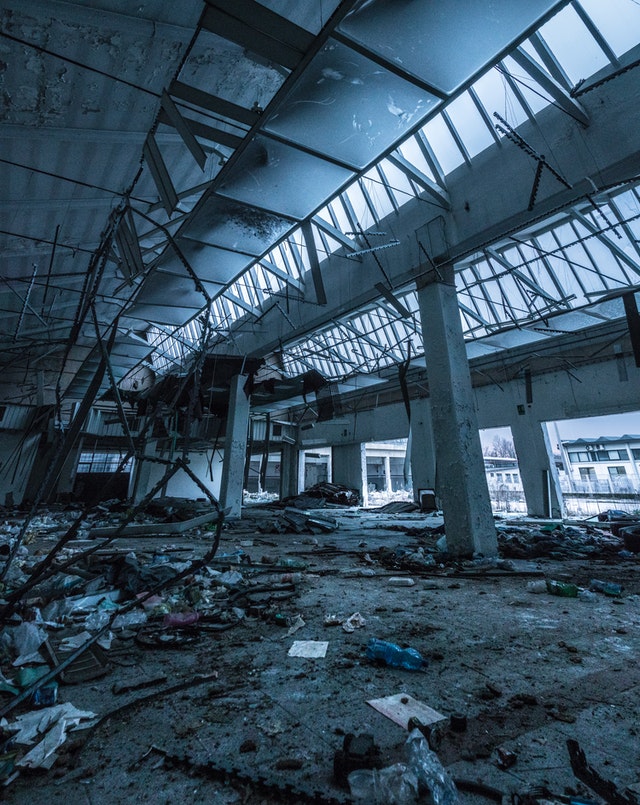
It’s important to have your Florida commercial property value assessed before, and periodically thereafter, any type of Florida commercial building or property insurance coverage is purchased. Be sure to keep copies of receipts for equipment, furniture and other valuable items in the event your premises are destroyed. Keep physical photos of your property in another location as well as digital pictures that you store on your computer or with a Web service.
If you lease your Florida building or office, do not rely on your landlord to provide coverage for your commercial business property. The building will typically provide insurance only for the basic structure and common areas. Read your lease carefully, there may be other requirements or penalties in the fine print. Check to see what is and is not covered so that you are fully protected if something happens to your property and equipment or if someone decides to sue you for damages caused by you or one of your employees.
A Florida commercial building or property insurance policy generally includes a statement specifying the limit of liability. Be sure you understand how it works. The limit of liability is defined as the maximum amount an insurer will pay for a covered loss. Typically, the insurer will bear responsibility up to a certain limit, as stated in the policy, with the policyholder liable for amounts above that limit.
Other Types of Property

Aviation Property

Boating Property

PWC Property

Recreational Vehicle Property

